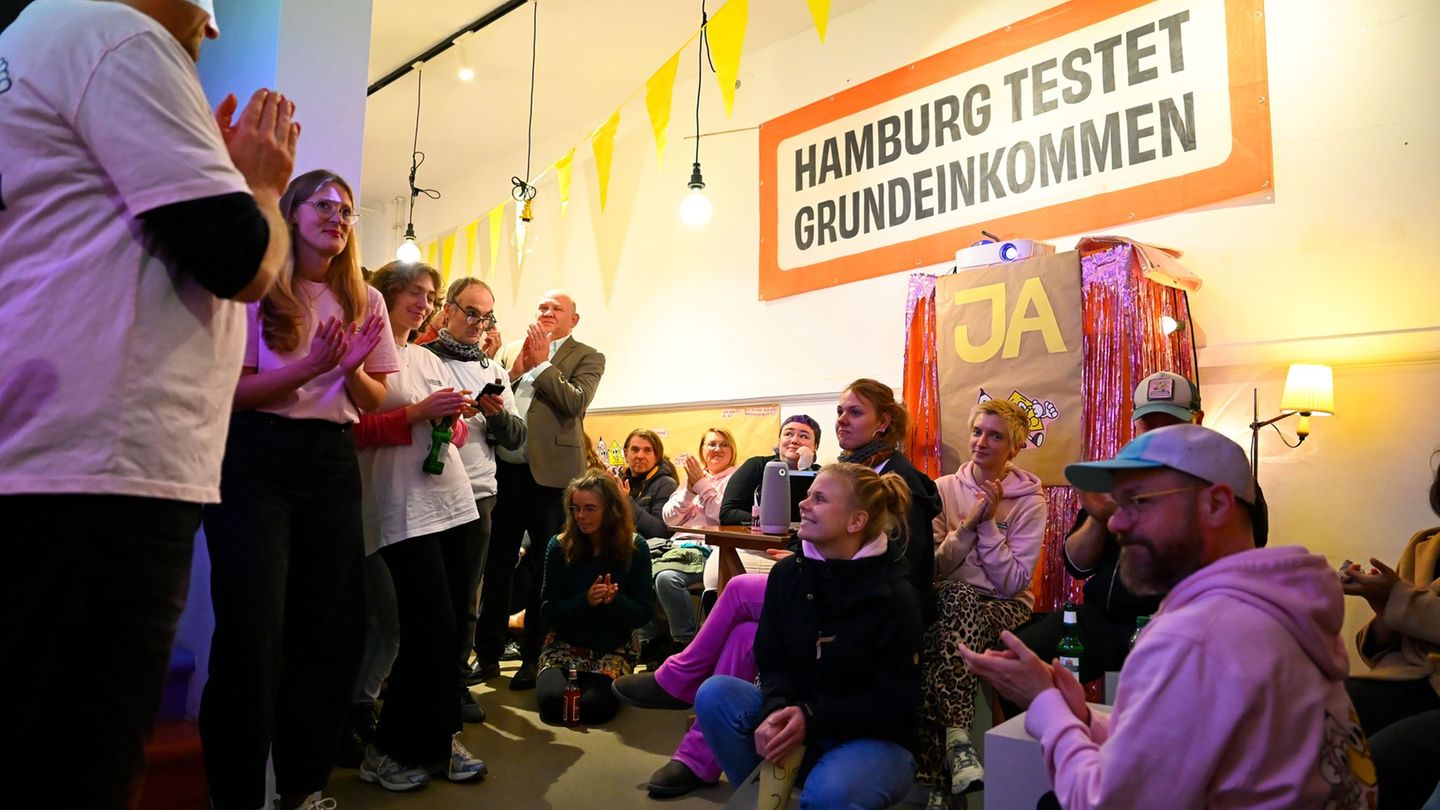Image: VOLKER WEIHBOLD
Sepp Hochreiter accompanies almost all of us every day, but only a few people are aware of it: His “Long Short Term Memory”technology (LSTM) is the basis for speech recognition in modern smartphones and navigation systems. The native Bavarian and head of the Institute for Machine Learning at the JKU says in an interview how he sees systems like ChatGPT, what still excites him about research and what he thinks of the government’s activities with regard to artificial intelligence.
OÖN: Mr. Hochreiter, your LSTM language model is in every cell phone today. Hand on heart: Did you think that was possible when you wrote your thesis 32 years ago?
Sepp Hochreiter: No not at all. At that time I was just thinking about finishing my studies. For me, I found it exciting. But I never thought anyone would ever be interested.
At the latest with the ChatGPT program, which writes texts in seconds, artificial intelligence has reached the masses. Curse or blessing for a top researcher?
Both. On the one hand, it’s a blessing because the inventions are now being used and not disappearing into the desk drawer. More people are interested in it and you get more undergraduate and graduate students. On the other hand, it is also a curse because so much is misunderstood. Many people and companies who are now dealing with the topic say that this is nonsense. I often have to get annoyed because there is nothing behind such statements.
ChatGPT’s challengers are positioning themselves. On Monday, Amazon announced it would invest $4 billion in AI developer Anthropic. The market is now picking up speed.
This is obvious. A lot had already happened in the background. With ChatGPT, society has been shaken up.
Let’s look into the future: How will AI have changed our everyday lives in 20 years?
With many things you won’t notice because they are easier and more convenient. Now you have to google it, click on the right page and then read up information. With programs like ChatGPT I can ask an AI directly. In the future, when a lawyer searches for a case, a digital register will be automatically searched. If I want to know why my dishwasher is dripping, I can take a photo and the AI will give me quick feedback. People will think this is normal and will be surprised at how inconvenient it used to be. And of course, many processes from logistics to customer service are optimized by AI.
They remain loyal to AI research, despite calls from Google and other large corporations. What attracts you to it?
Exactly something like inventing LSTM. Of course you can go to big companies and make a lot of money. But what money can’t compensate for is having a good idea that works. That’s what drives me.
How difficult is it to manage the balancing act between basic research and applied research?
The beauty of AI is that it can be used for many other things. For example, when Trumpf cuts sheet metal in Pasching or Borealis produces plastic or artificial fertilizer in the Linz chemical park, problems arise that AI can help with. That’s the exciting thing about the application. But of course I don’t want to neglect basic research, I have strengths there.
You have repeatedly criticized AI investments in Austria. To what extent is improvement approaching?
There is not a penny in sight from the government. In Upper Austria, the state government has assured me that it will continue to support my research institutes. That’s fine, but a little more is always possible. It is very disappointing that nothing comes from the federal government. I was put off until after the 2024 National Council elections. In Germany, the Federal Chancellery asked me to act as an expert to advise Chancellor Olaf Scholz, ministers and people from industry. They told me to invest 13 billion euros, not just in AI, but certainly. There’s something going on. In Austria, neither the Chancellor nor ministers have so far made inquiries. But there is hope.
Namely?
We are working in Linz to develop an improved model of LSTM, namely XLSTM. This means we beat ChatGPT in terms of speed and accuracy, especially with smaller data sets. And there are the first signs of support. You could turn the world inside out from Linz.
How would you generally assess the digital scene in Austria and Upper Austria?
It depends on who you compare yourself to. In Silicon Valley and China, people are quicker to implement things. There is an idea and immediately three start-ups that are building it, in China with government support. We don’t need to hide in research. A lot is happening in Upper Austria, but of course it is not comparable to Berlin, London or Amsterdam. The people here are really smart, well-educated and do things that are practical. But there is more restraint. Other regions are more exploratory and willing to take risks – even if projects do not bring immediate success.
An autumn marked by digitalization
Artificial intelligence is not only Sepp Hochreiter’s central research topic, but is also the focus of the OÖNachrichten’s Digital Days. These will take place today, Wednesday, and tomorrow, Thursday, in the OÖN Forum in the Promenade Galleries in Linz. Exciting lectures, workshops and discussions with numerous digital experts from Upper Austria and Austria await participants.
The OÖN and its strong partners will give the pioneers of digitalization in our state – whether start-ups, established companies, organizations, institutions or people successful on the Internet – a stage on November 16th in the Linzer Tabakfabrik: Then the Digitalos awarded.
It is still possible to apply in five categories until October 7th: digital start-ups, digital personality, digital transformation, digital project, special prize Digitalia. The jury, led by chairman and last year’s award winner Sepp Hochreiter, selects the winners from all submissions. Send us your application!
more from economics




